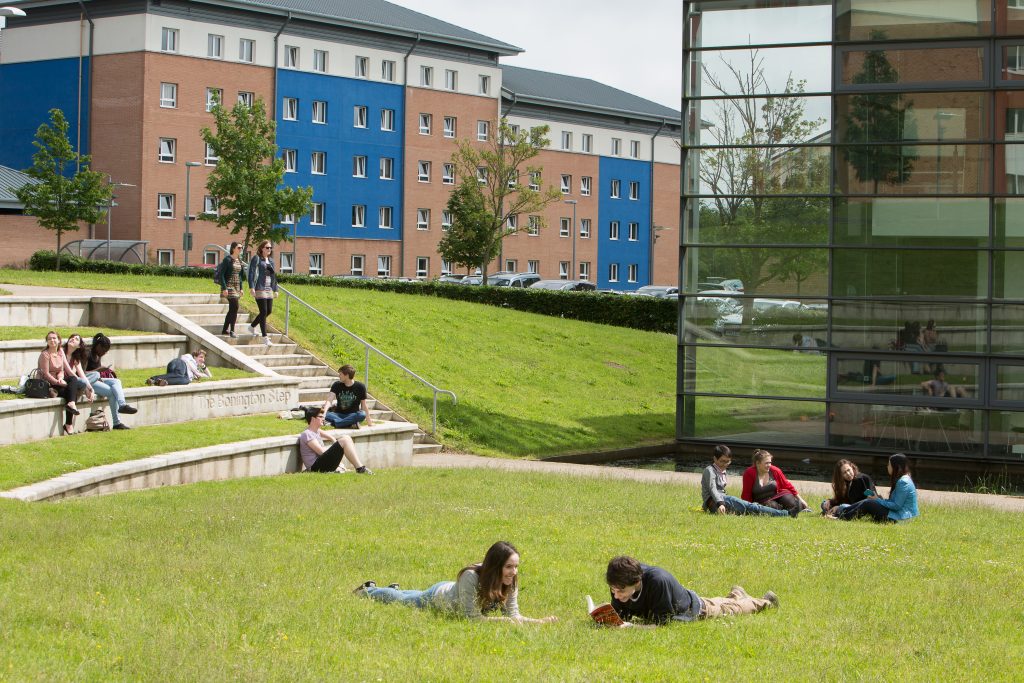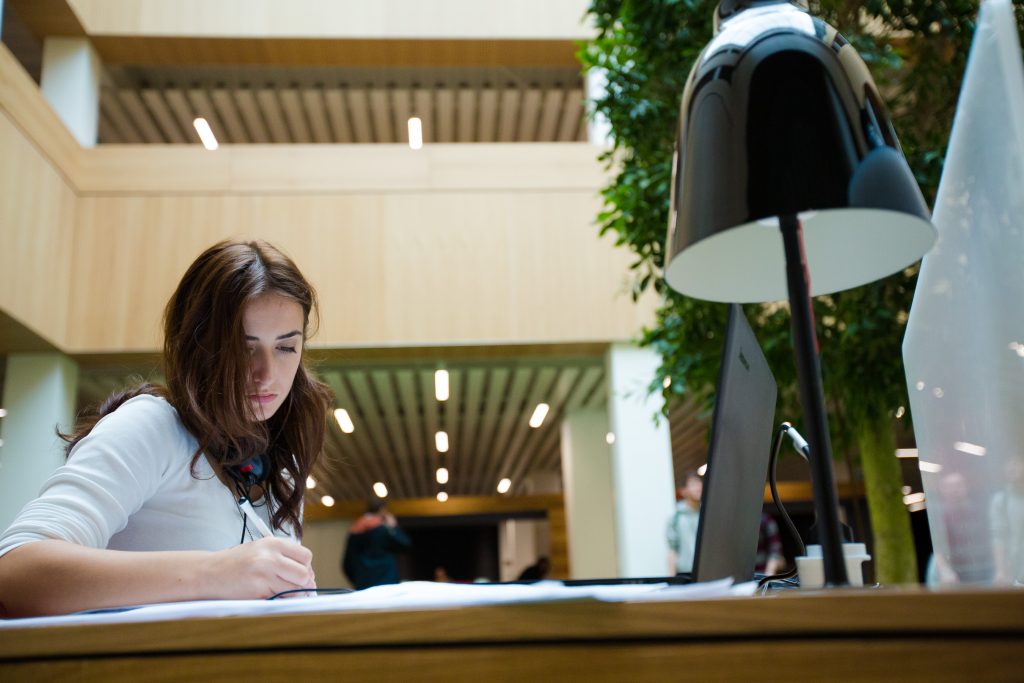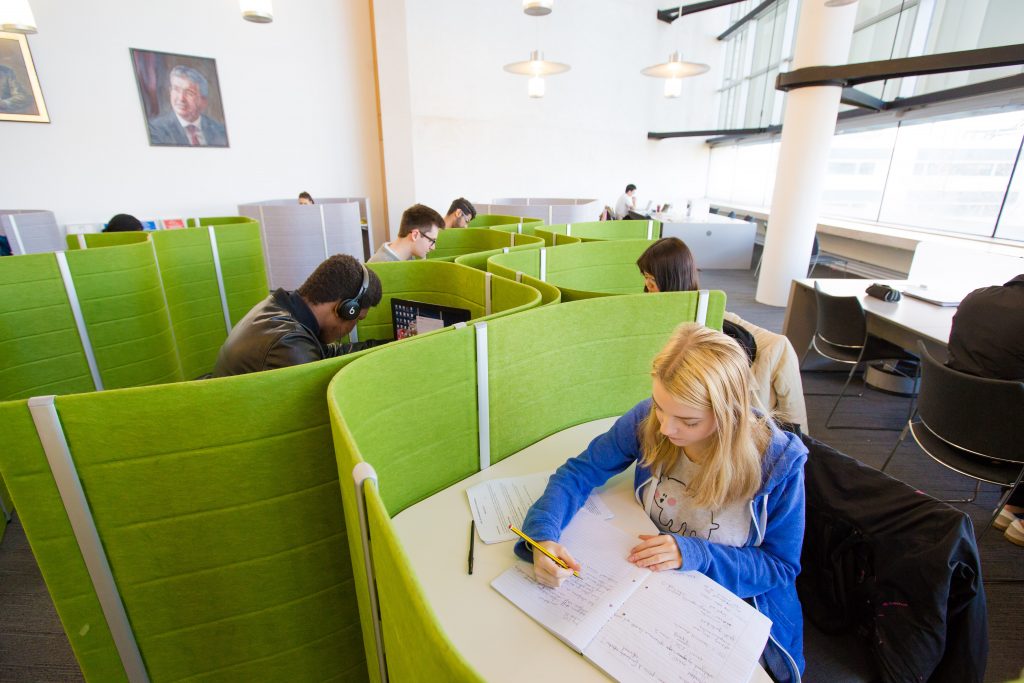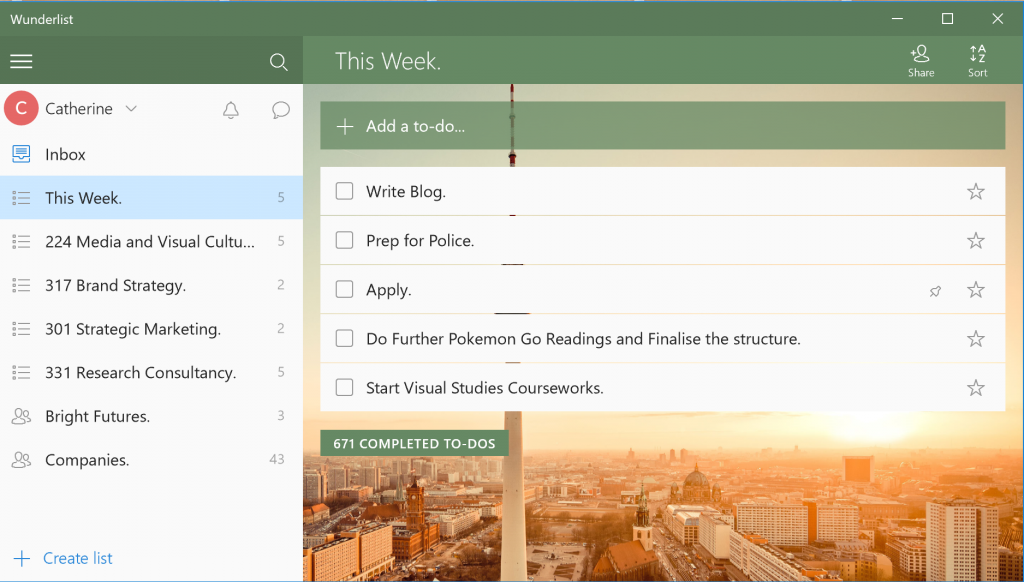
by Nevena (Student Blogger: BSc Hons Business Studies (Industry))
Dear student,
Second term is slowly but steadily coming to an end. You have attended so many lectures for the past 18 weeks, you have heard so many new definitions, struggled with new concepts and juggled with multiple deadlines. But what will you take away? What would you do differently in your year if you had the chance to? I will share some of the key lessons I managed to learn from my two years of university experience.
Lesson #1
Ask questions and be curious! Whether you’re sitting in a lecture or a seminar, don’t be afraid to raise your hand and say your query out loud. Leave shyness outside of the room. In this way you will show you are paying attention, demonstrate your willingness to understand a topic on a deeper level and you will be able to clarify a question for other students as well. Lecturers LOVE interaction. In my first year, I only had the courage to share my thoughts in seminars. This year, however, I don’t mind interrupting a lecturer in the middle and posing my question. I have had extremely positive experiences with lecturers who want to support you and expand your understanding. So ASK, ASK, ASK!
Lesson #2
The second lesson I learned was to ask for feedback. Not only at the end of an assignment, but also prior to it. This is one of the mistakes I made personally as I didn’t use all the available opportunities to discuss the ideas I had on an essay or project. It’s extremely helpful, for instance, if you visit your tutor’s office hours and kindly ask for some feedback on the plan of your essay. Sometimes even a very short conversation of 5 minutes can help you understand how to better tailor your approach towards the assignment you are given. Furthermore, it will give you an insight of how to go the extra mile and achieve higher results. Receiving guidance is an essential part of using initial feedback as a way to improve. However, you won’t receive it unless you ask for it.
Lesson #3
There is so much support available in the Management School that can help you immensely. I can specifically relate to this when it comes to statistics modules or anything linked with data analysis. Do you know what MASH is? Well, if you haven’t heard (or been) and if you are struggling with numbers, it is located in B38a in the Management School. MASH is not the only support provided by the university. The Academic Writing Zone which is part of the Learning Development commitment can enhance your writing style and have a positive impact on your results. For more information check out the LUMS Learning Development Moodle Site.
If you are not a Management School student, check out the Learning and Skills Development website for more information about what support is available in your faculty.
Lesson #4
Balance is hard. Especially when you are trying to find the equilibrium between academic and social life. Oh, and we should add professional life to the list as well. Gaining work experience is extremely important for your future job prospects. Finding an internship/placement can be often stressful, but there are ways to cope with the negative feeling of the unknown which is building up inside of you. Careers Office are a wonderful way to talk to a professional about your CV and how to improve it. There are multiple workshops on How to Write a Successful CV, How to Pass Interviews, and How to Pass Assessment Centers. Just go to the Base or to their website and learn more about what they have to offer. LUMS students have a separate Careers Zone dedicated to their job seeking endeavors. LUMS Careers is in LUMS where you can drop-in on Tuesdays and Fridays and discuss any of the questions you might have. This is an incredible way to learn more about how things happen in reality and what employers are searching for.
Lesson #5
Final one! When you feel like you have reached your boundaries, when it has been too much for you…get a quick escape. Go somewhere unfamiliar for a day. Manchester and Liverpool are extremely close to Lancaster and offer wonderful opportunities that have to be explored. The Lake District impresses with its nature while Blackpool makes you go back to when you were a kid with all its rollercoasters and entertainment games. Even if you have a few hours to spend somewhere, RECHARGE. “It is not about resistance, but about resilience,” a friend once told me. Visit Ashton Memorial (hint: check out the House of Butterflies) or go for a quick walk at the Woodland Walk at the periphery of County. There is so much around us and often we don’t appreciate it. Take the chance to try something different and get some energy.
All of the above are based on personal experience. There are many more to go on the list, but these are some of the starting points that can make a real difference to YOU.
Wishing you all the best,
Nevena


 Hons History)
Hons History) by Sara (Student Blogger: BA Hons Linguistics)
by Sara (Student Blogger: BA Hons Linguistics) by Catherine (Student Blogger: BSc Computer Science)
by Catherine (Student Blogger: BSc Computer Science) by Sara (Student Blogger: BA Hons Linguistics)
by Sara (Student Blogger: BA Hons Linguistics) by Ruth (Student Blogger: BA Hons History)
by Ruth (Student Blogger: BA Hons History) by Melissa (Student Blogger: MA English Literature)
by Melissa (Student Blogger: MA English Literature) by Melissa (Student Blogger: MA English Literature)
by Melissa (Student Blogger: MA English Literature)